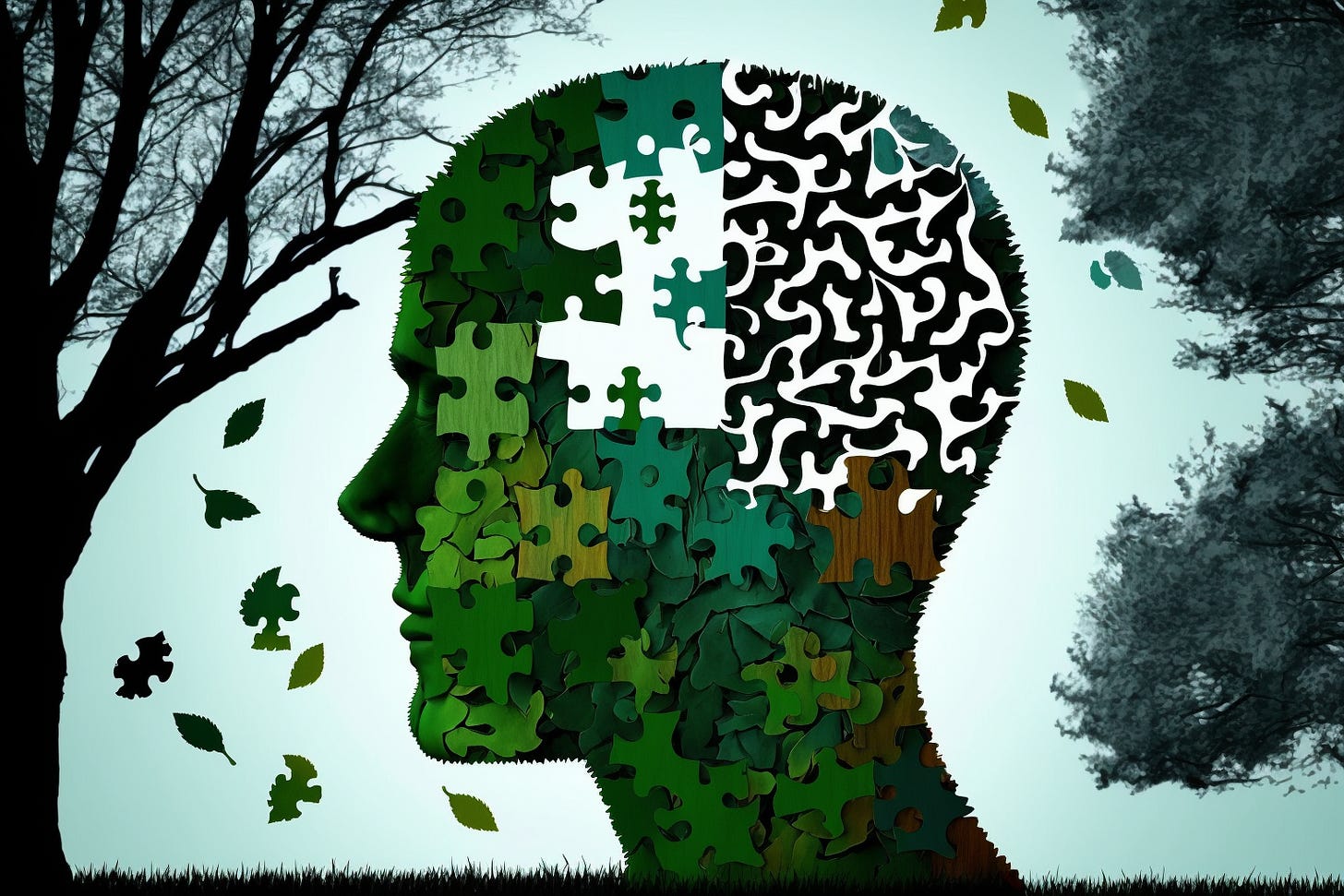How to manage dementia
Tips and strategies for caring for a loved one with dementia
The best way to manage dementia will vary depending on the individual's situation and needs. However, some tips for managing dementia may include:
Providing support and assistance with activities of daily living
Promoting social and recreational activities
Encouraging a healthy lifestyle
Managing medications and treatments
Supporting caregivers and loved ones
What causes dementia
Dementia can be caused by a variety of factors, including disease, injury, and lifestyle choices. However, some of the more common causes of dementia include Alzheimer's disease, Lewy body dementia, and frontotemporal dementia.
What is Alzheimer's disease
Alzheimer's disease is a degenerative brain disorder that leads to memory loss and cognitive decline. It is the most common form of dementia, accounting for 60-80% of all cases. The disease is characterized by the buildup of amyloid plaques and neurofibrillary tangles in the brain, which leads to cell death and neuronal loss. Symptoms include memory loss, confusion, difficulty with language and communication, impaired judgment, and changes in mood and behavior. The disease progresses slowly and can eventually lead to death. There is no cure for Alzheimer's disease, but treatments are available to help manage symptoms and slow the progression of the disease.
What is Lewy body dementia
Lewy body dementia is a type of dementia that is characterized by the presence of Lewy bodies in the brain. Lewy bodies are abnormal deposits of a protein called alpha-synuclein that build up in nerve cells and are believed to contribute to the death of those cells. Lewy body dementia can cause a wide range of symptoms, including problems with thinking, memory, and movement. The exact cause of Lewy body dementia is unknown, but it is thought to be caused by a combination of genetic and environmental factors. There is no cure for Lewy body dementia, but treatments are available to help manage the symptoms.
What is frontotemporal dementia
Frontotemporal dementia is a type of dementia that affects the frontal and temporal lobes of the brain. This form of dementia can lead to changes in personality and behavior, as well as problems with language and cognition.
Treatments for dementia
There is no known cure for dementia, but there are treatments that can help to improve the quality of life for people with the condition and their carers.
The main aims of treatment are to:
maintain mental function and physical abilities for as long as possible
prevent or delay further deterioration
reduce behavioural problems and other symptoms, such as anxiety and depression
help the person with dementia and their carers to cope with the condition on a day-to-day basis.
Treatment options include:
drug treatments
non-drug treatments
psychological therapies.
Drug treatments
There are a number of drugs that can be used to treat the symptoms of dementia. They are known as cholinesterase inhibitors and work by increasing the levels of a chemical called acetylcholine in the brain. This chemical is important for memory and thinking.
The three main types of cholinesterase inhibitor are donepezil, rivastigmine and galantamine. They are most effective in the early to moderate stages of Alzheimer's disease but may also be used to treat other types of dementia.
They can help to improve memory, concentration, attention and the ability to perform simple tasks. They may also help with behavioural problems such as anxiety and depression.
The effects of cholinesterase inhibitors can vary from person to person, but they are usually mild and improve over time. They can take up to 12 weeks to have an effect.
Memantine is another type of drug that can be used to treat Alzheimer's disease and other types of dementia. It works by reducing the activity of a chemical called glutamate in the brain. Memantine can help to reduce some of the symptoms associated with Alzheimer's disease, such as memory loss and confusion.
Where can you find help to treat dementia
There are many places to find help to treat dementia. One place to start is the Alzheimer's Association website, which has information on support groups, caregiving tips, and other resources.




